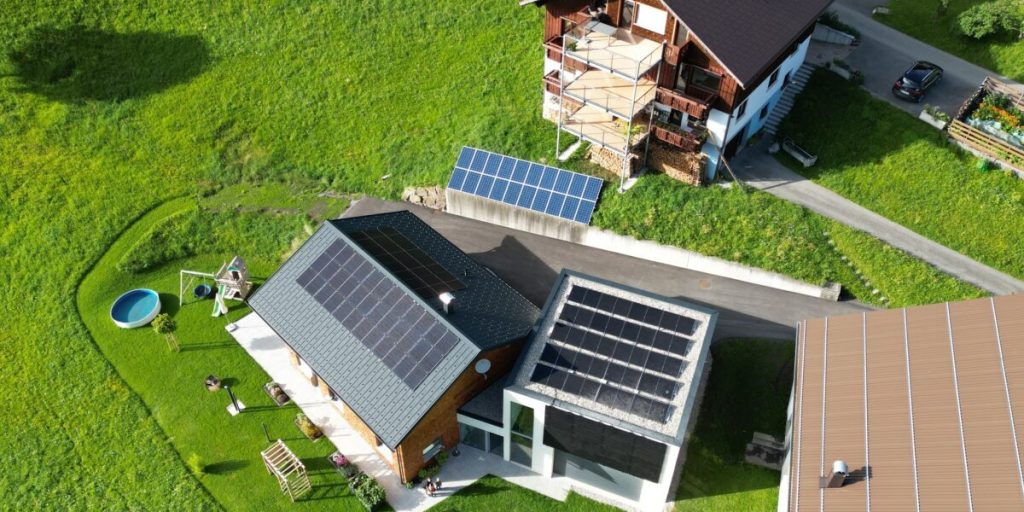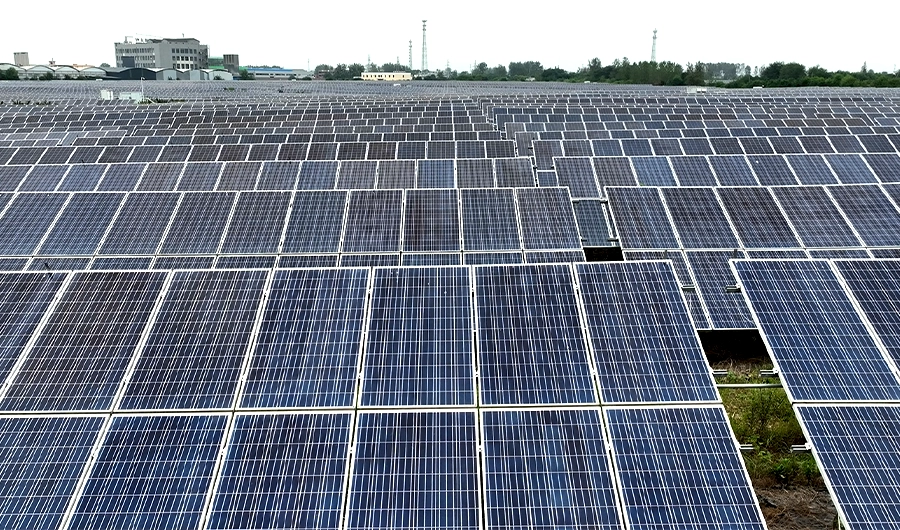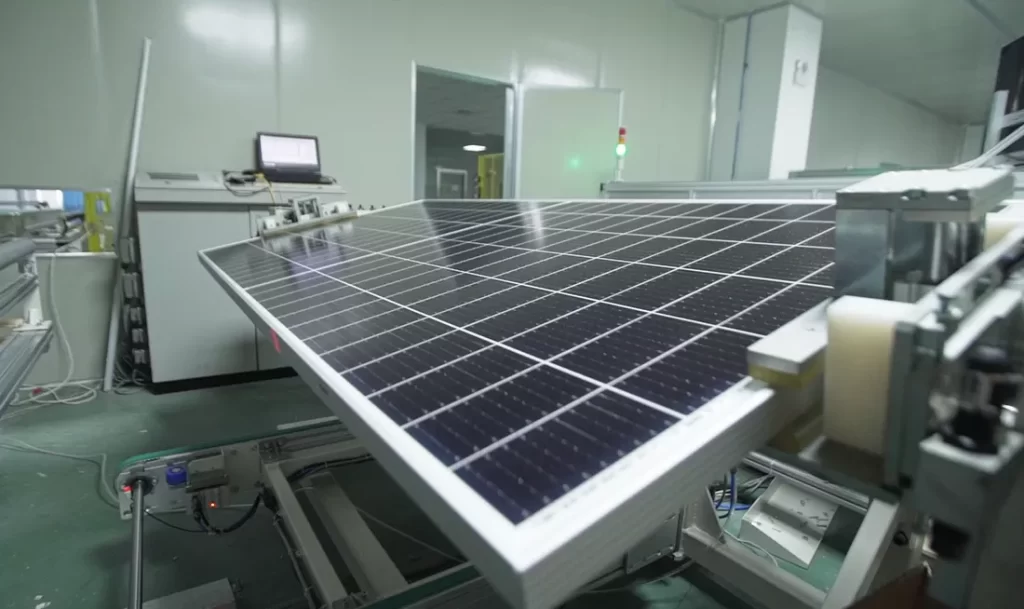Meet the Author
Chinaland Solar Energy Co., Ltd. (SUNERGY)
Established in 2008, Chinaland Solar Energy Co., Ltd. (SUNERGY) stands as a beacon of innovation and excellence in the realm of solar energy. As a high-tech enterprise, SUNERGY is dedicated to the comprehensive advancement of solar technology, spanning research and development, production, sales, and service of solar modules and photovoltaic power generation systems.
With a steadfast commitment to quality and sustainability, SUNERGY has emerged as a leading brand in the photovoltaic industry. Our reputation for excellence is built upon a foundation of industry-leading module R&D capabilities and manufacturing levels, ensuring that every product deliver is of the highest standard.
As advocates for a greener, more sustainable future, the experts at SUNERGY are passionate about empowering individuals and communities to harness the power of the sun. Through their expertise and dedication, they continue to pave the way for a brighter tomorrow, one solar panel at a time.

Solar panels are a significant investment in renewable energy, providing clean electricity and reducing utility bills. To maintain their efficiency and longevity, regular maintenance is essential. This article outlines the key types of maintenance required for solar panels to ensure optimal performance.
1. Regular Cleaning
Dust, dirt, bird droppings, and debris can accumulate on solar panels, obstructing sunlight and reducing energy production. Regular cleaning helps maximize efficiency.
How to Clean
Frequency: Clean solar panels at least twice a year, more often in dusty or polluted areas.
Method: Use a soft brush or a squeegee with warm, soapy water. Avoid abrasive materials that can scratch the surface.
Safety: If panels are on a roof, consider hiring a professional to avoid injury.

2. Inspection for Damage
Routine inspections help identify any physical damage, such as cracks or loose connections, that could impact performance.
What to Look For
Cracks or Chips: Inspect the glass surface for any visible damage.
Loose Wiring: Check for frayed wires or loose connections, which can lead to electrical issues.
Corrosion: Look for signs of rust or corrosion on metal components.
When to Inspect
Conduct inspections at least once a year, ideally in spring or fall, to prepare for seasonal changes.
3. Monitoring Performance
Tracking Energy Production
Regularly monitor the solar energy output to identify any drops in performance, which could indicate a problem.
How to Monitor
Inverters: Most solar systems come with an inverter that includes monitoring capabilities. Check if the system is displaying optimal performance levels.
Apps and Software: Many modern solar systems provide apps that allow you to track energy production remotely.
What to Do If Performance Drops
If you notice a significant decrease in energy output, consider consulting a professional to diagnose and address potential issues.

4. Checking Inverter Health
Role of the Inverter : The inverter converts the direct current (DC) produced by solar panels into alternating current (AC) used in homes. A malfunctioning inverter can drastically affect energy production.
Maintenance Tips
Visual Inspection: Ensure the inverter's display indicates normal operation (green light).
Cooling: Keep the inverter in a well-ventilated area to prevent overheating.
Replacement: Inverters typically need replacement every 5-10 years, depending on the model.
5. Trimming Surrounding Vegetation
Why It Matters
Overgrown trees and shrubs can cast shadows on solar panels, significantly reducing their efficiency.
Maintenance Tips
Regular Trimming: Trim back any vegetation that may block sunlight, especially during spring and summer when plants grow rapidly.
Planning Ahead: Consider the future growth of nearby trees when planting new ones.
6. Professional Maintenance Services
When to Call in Experts
While many maintenance tasks can be performed by homeowners, certain situations may require professional intervention.
Services Offered
Comprehensive Inspections: Professionals can conduct thorough inspections, identifying issues that may not be visible to the untrained eye.
Repairs: They can handle repairs and replacements safely and effectively.
System Upgrades: Consider consulting professionals for system upgrades or expansions as energy needs change.

7. Documentation and Record Keeping
Importance of Records
Keeping detailed records of maintenance activities helps track the performance and condition of your solar system over time.
What to Document
Cleaning Dates: Note when panels were last cleaned.
Inspection Findings: Record any damage or issues found during inspections.
Performance Data: Monitor and document energy production levels.
Conclusion
Maintaining solar panels is essential for ensuring they operate efficiently and have a long lifespan. By adhering to regular cleaning, inspections, performance monitoring, and professional services, you can maximize your investment in solar energy. Investing a little time and effort in maintenance will pay off in terms of energy savings and system reliability. Enjoy the benefits of clean, renewable energy while keeping your solar panels in top shape!
